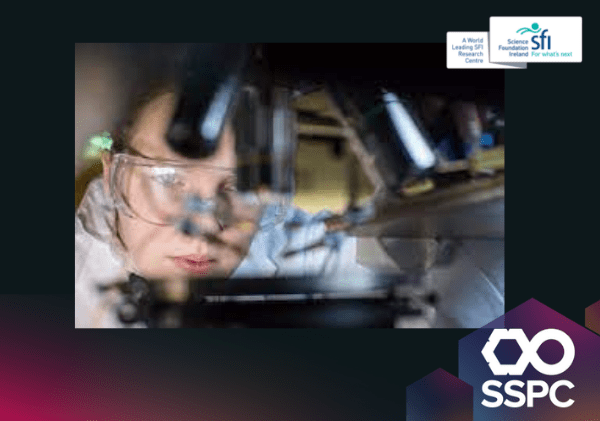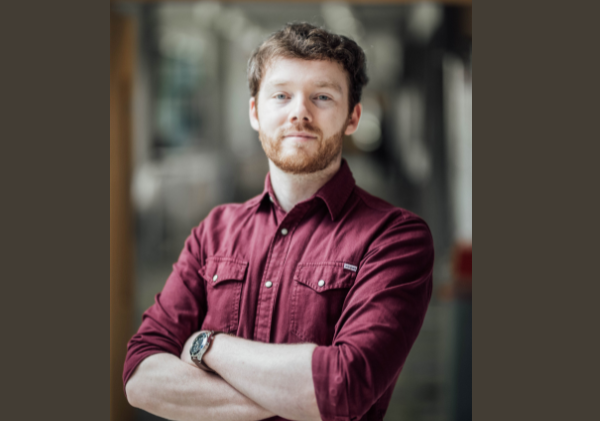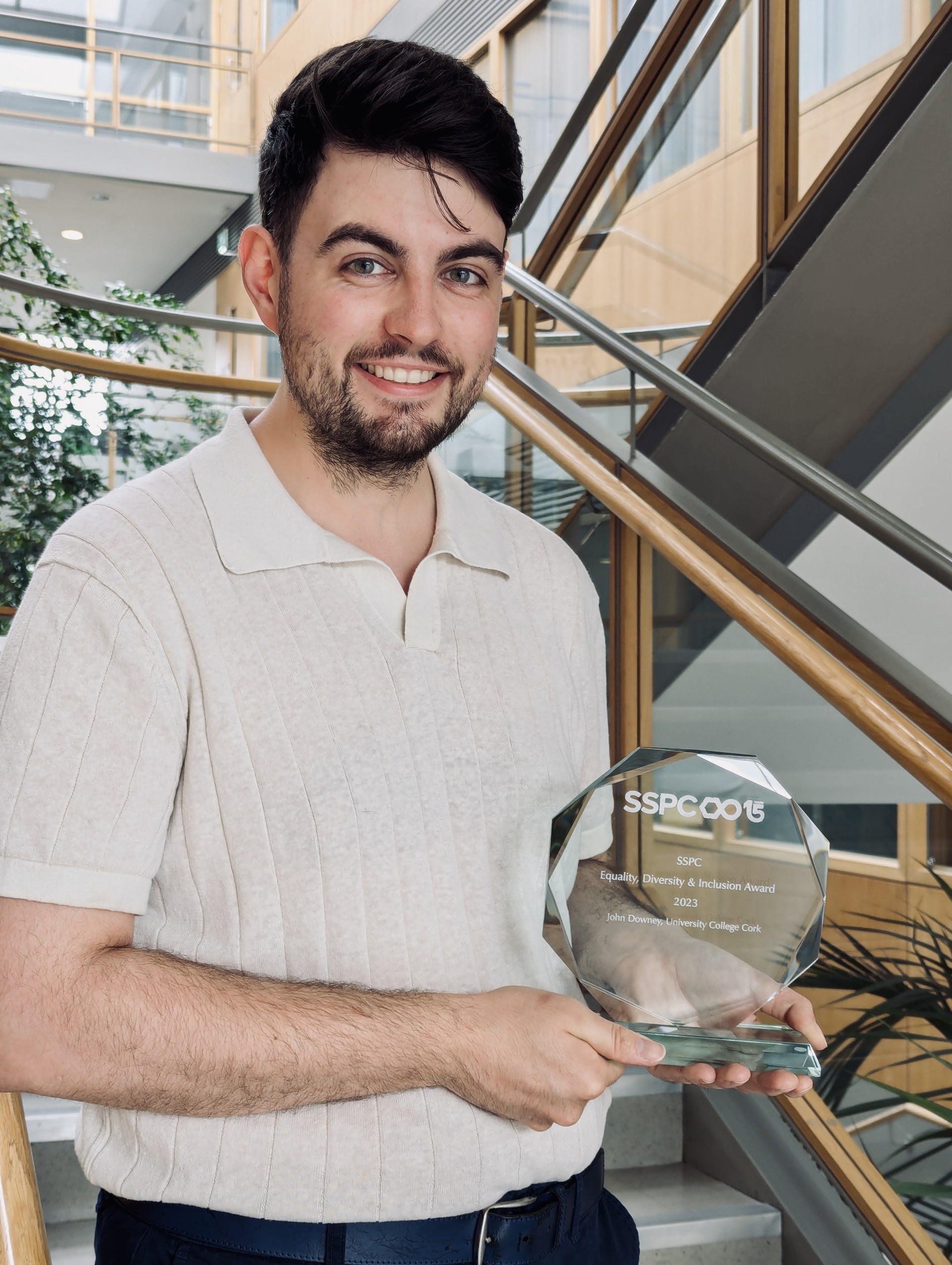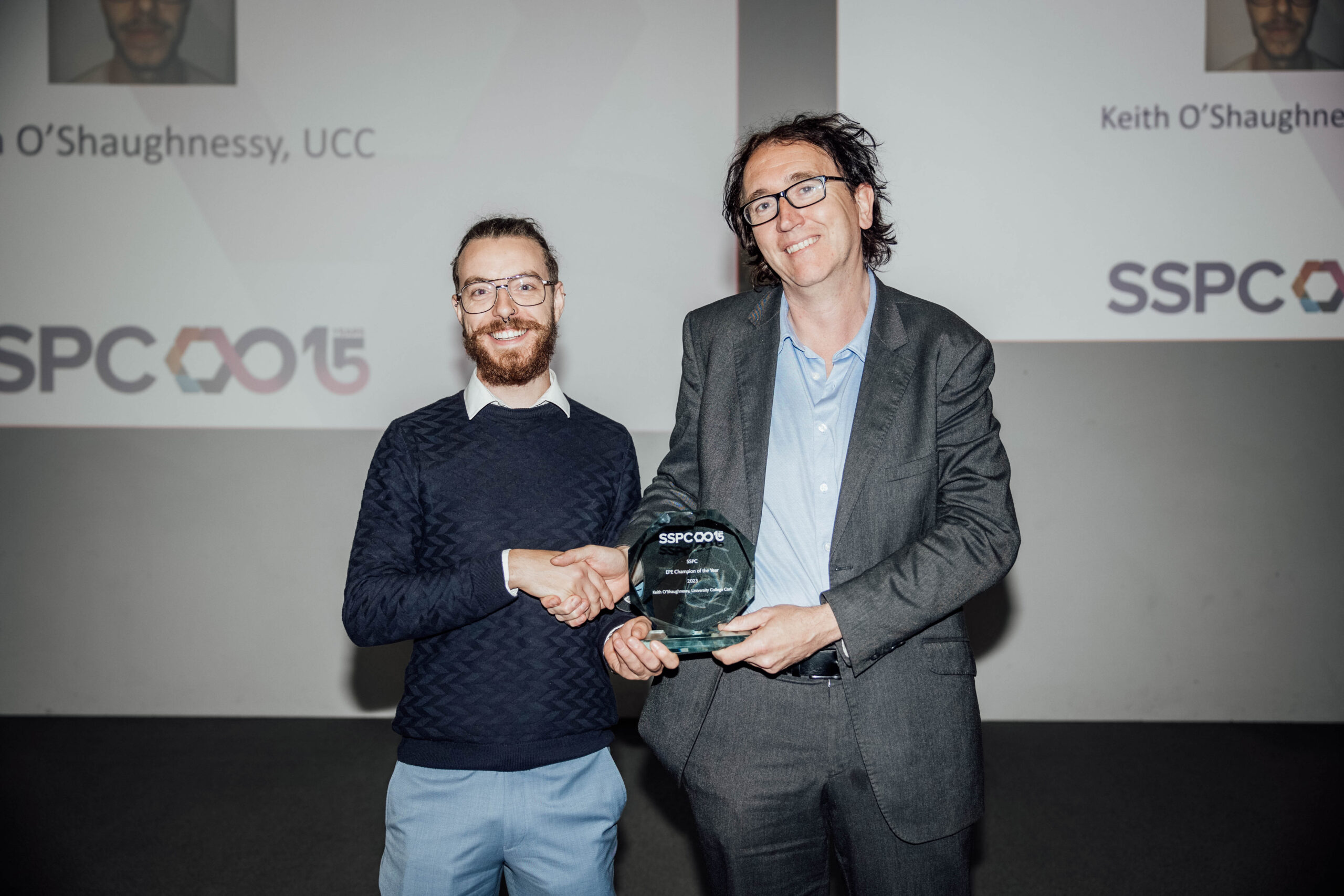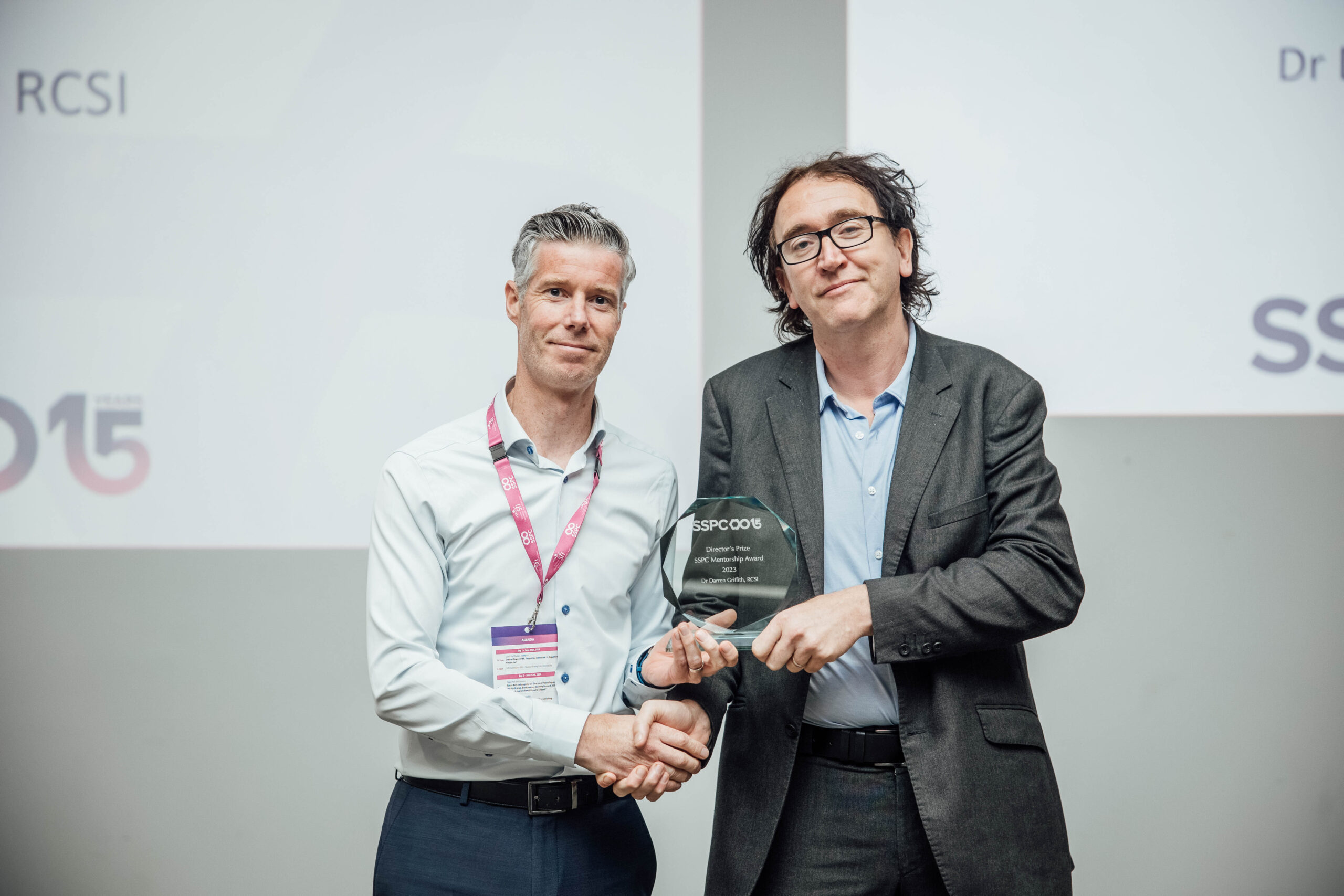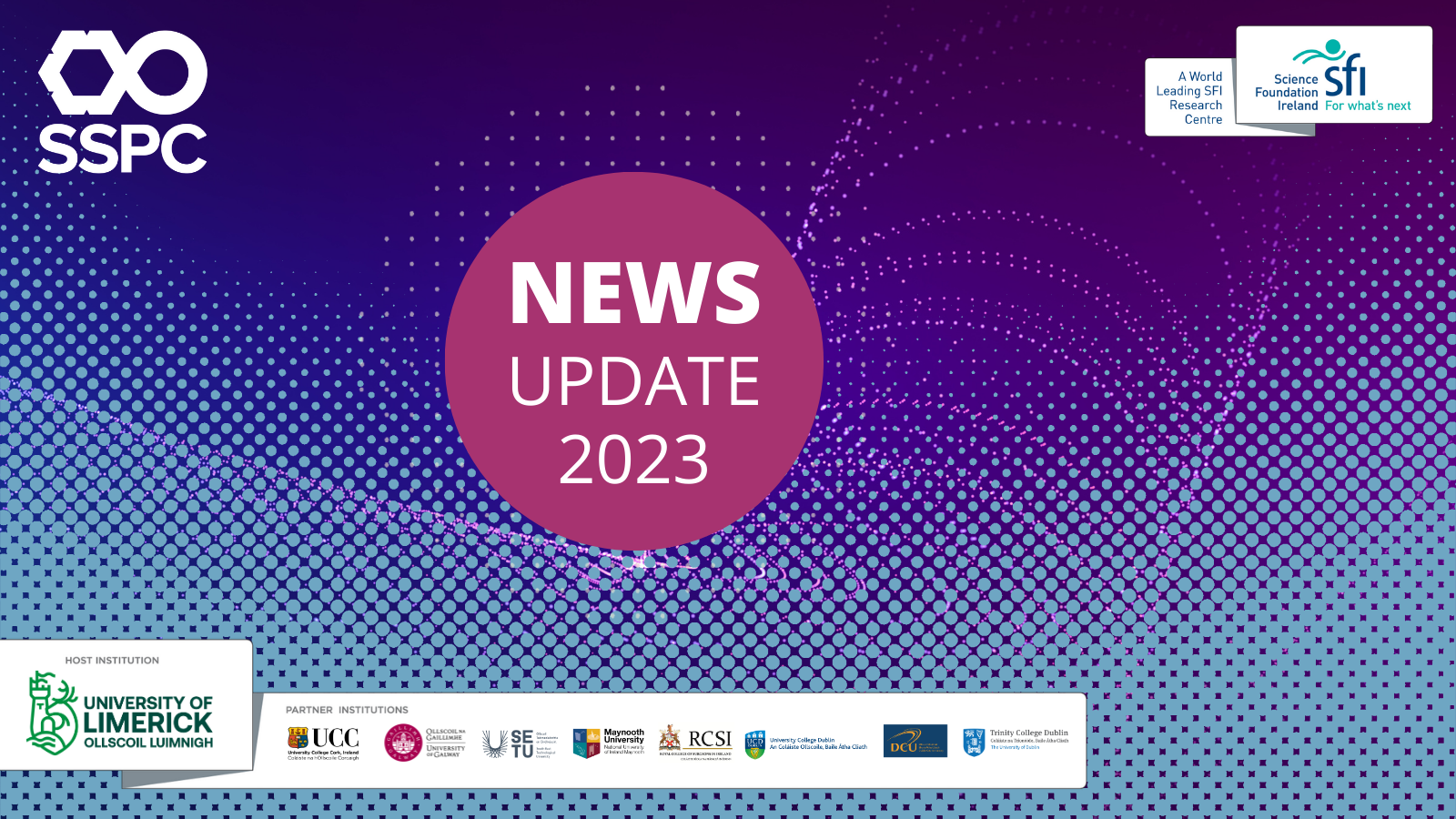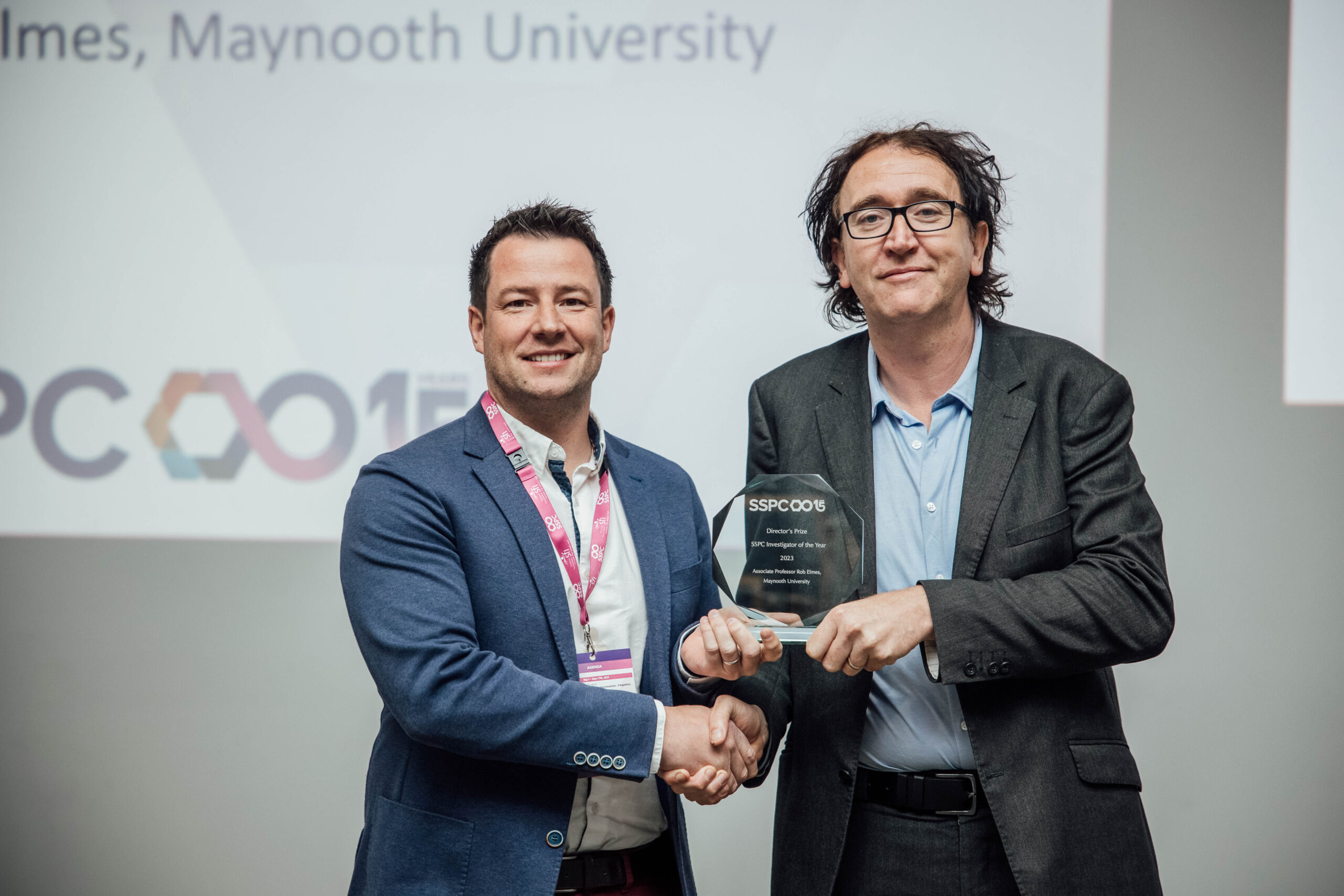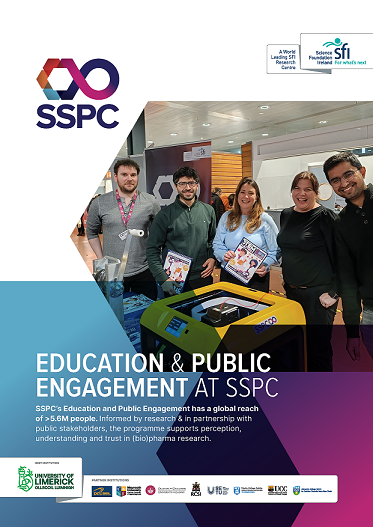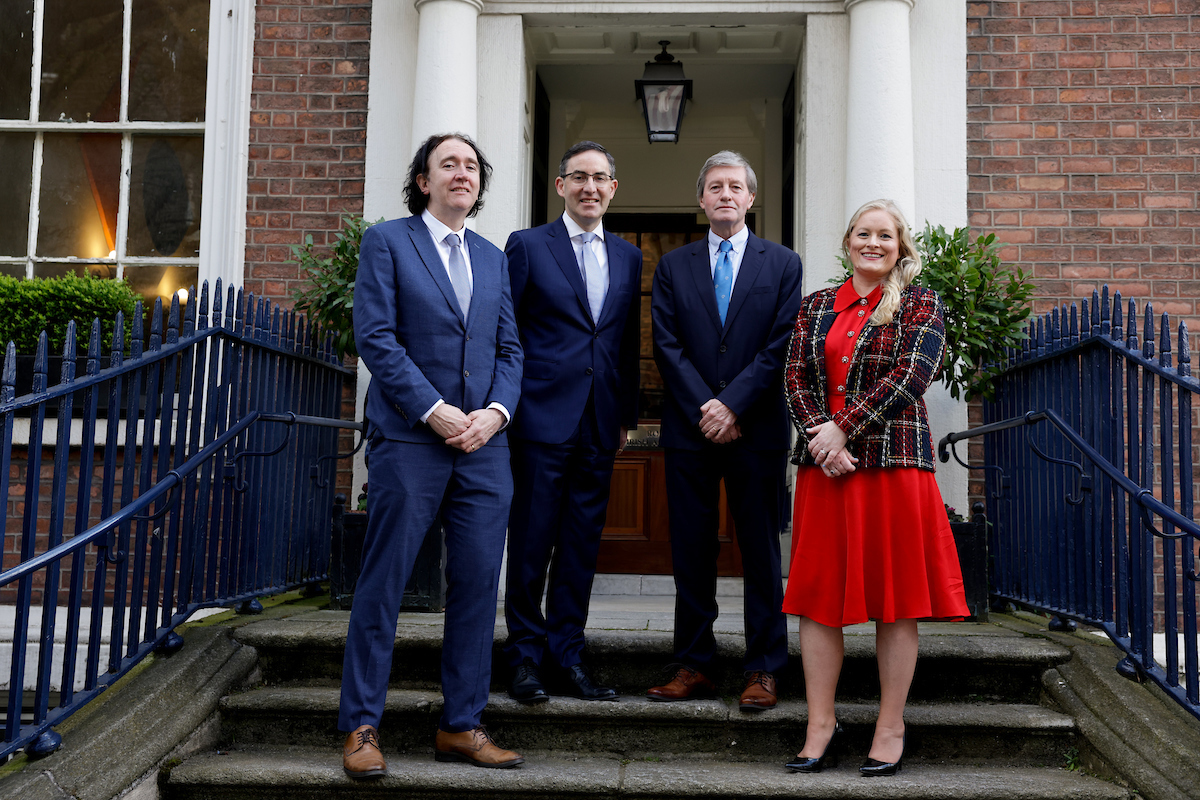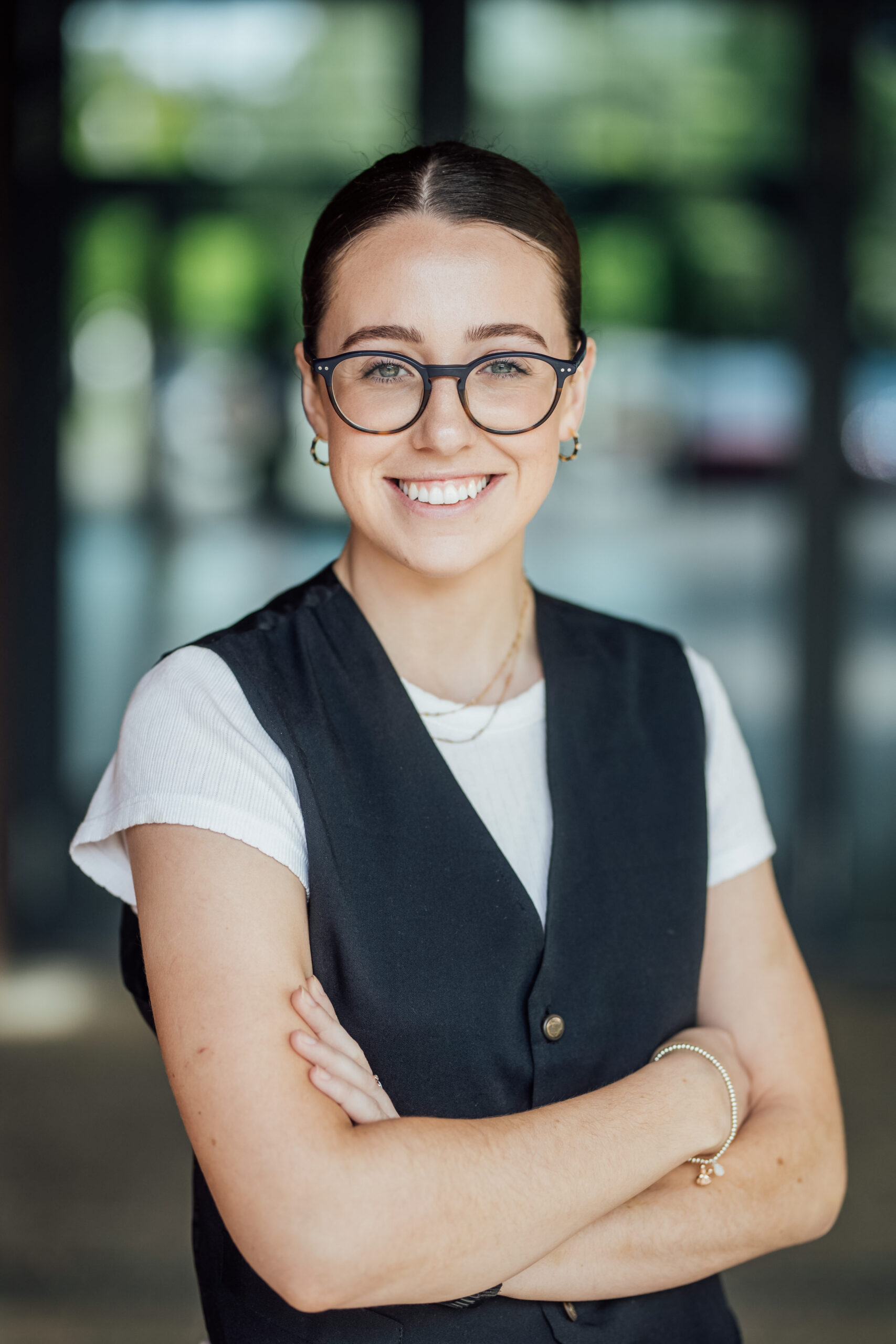Can electronics become lead-free, reliable and eco-friendly?
Dr Sarah Guerin, SSPC researcher at the Department of Physics, Bernal Institute, University of Limerick has won the highly competitive European Research Council (ERC) funding totalling €1.5 million.
Sarah will take on the ground-breaking task of developing biomolecular crystals as a new type of piezoelectric sensor. Such organic, low-cost, high-performance sensors, would out-perform and ultimately lead to the phasing-out of inorganic device components – with dramatically reduced environmental impact.
The project will investigate if a wide array of electronics could become lead-free, reliable and eco-friendly. She will address the challenge of developing biomolecular crystals as a disruptive material for applications in medical device, automotive, and detection technologies.
Piezoelectric sensors sound exciting, and indeed they are! Used to interconvert electrical and mechanical energy, they are essential to many common devices that we rely on: pacemakers, microwave ovens, sonar equipment, diesel fuel injectors in cars. Piezo sensors are often used to measure a change in pressure, acceleration or strain by converting them into electrical charge. However, they also have a huge environmental cost. Their production involves using toxic lead oxide, and the main alternatives to lead involve using expensive, non-renewable materials – also quite undesirable.
In recent years, biological materials such as amino acids and peptides have been recognised as exciting new piezoelectrics. Gathering them into biomolecular-crystal assemblies could offer a revolutionary way to create these essential sensors. Crystals can be grown at room temperature with no by-products, and do not require an external electric field to induce piezoelectricity. Right now, however, no one knows how to develop these crystals as reliable, solid-state sensors that could be used in conventional electronic devices. Their high water solubility, uncontrolled growth, variable piezoelectric response, and difficulty in making electrical contact pose too high a challenge.
Sarah has built up unique skills in physics and chemistry, as well as biology and computer modelling. She fell in love with crystal science as a PhD student: studying, modelling, growing and characterising organic crystals, setting her up perfectly for the role as a computational biophysicist and postdoctoral researcher with SSPC.
Speaking on her experience and working in SSPC, Sarah said:
“I am so excited to be setting up my independent research group here in UL with this ERC grant! I would like to thank everyone in SSPC for their tireless support from the second I started writing my proposal almost 18 months ago. I look forward to using the theoretical techniques that we have established in the Modelling Theme to develop eco-friendly sensors using biomolecular crystals.”
Sarah utilises modelling tools to predict suitable coformers and excipients in pharmaceutical manufacturing processes in SSPC and is a world leader in predictive design of the electromechnical properties of organic crystals, working alongside experimentalists around the world e.g. Gazit Lab in Israel, Flextal Lab in IISER Kolkata Israel, ZGroup in Ireland.
The ERC is to invest €619m under the Horizon Europe programme to 397 researchers after receiving over 4,000 proposals.
ERC Starting Grants 2021 – project highlights | ERC: European Research Council (europa.eu)

